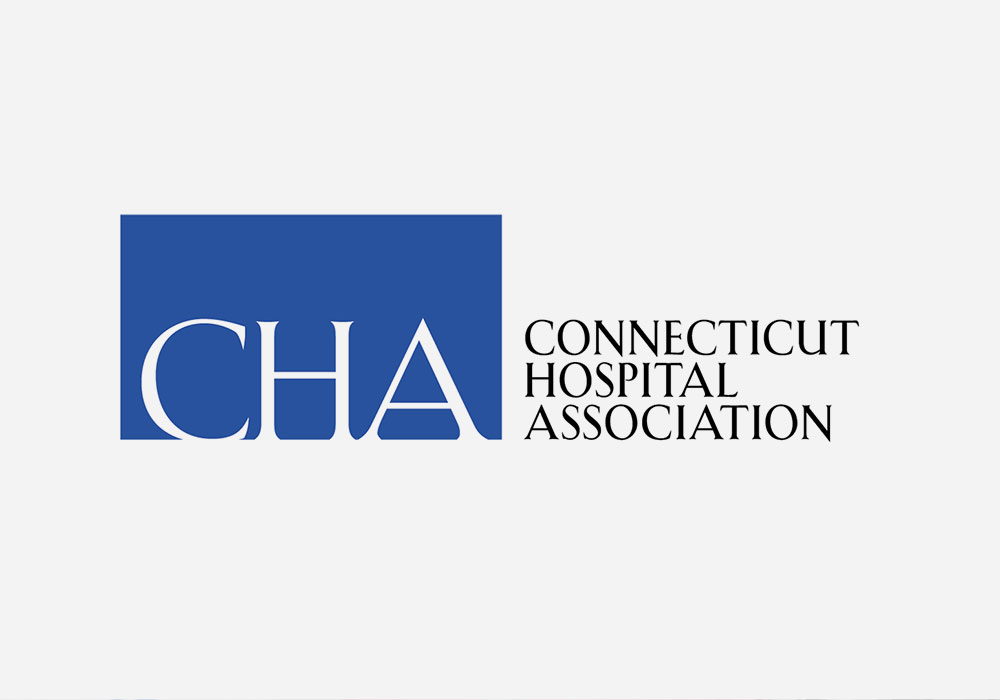Throughout the 2024 Legislative Session, CHA successfully partnered with lawmakers, state officials, and the Governor to maintain and advance healthcare access and quality in Connecticut. CHA advocated for reforms to the Certificate of Need (CON) process and the Office of Health Strategy’s (OHS) Cost Growth Benchmark and emphasized the need to advance policies that support continuing to build a world-class healthcare delivery system in Connecticut. Though CHA has expressed disappointment in the lack of action on these issues, CHA is eager to collaborate with state leaders to achieve these goals next legislative session.
CHA continues to raise awareness about alarming Medicaid reimbursement underpayment in Connecticut, as evidenced in the Department of Social Services (DSS) “Phase 1 Report: Studies of Medicaid” and further reaffirmed by OHS’s “Hospitals’ Community Benefit Summary and Analysis Report,” which showed Connecticut’s Medicaid shortfall is 79% higher than the national average. Medicaid underpayment drives pressures on commercial prices and impacts access to healthcare for Medicaid beneficiaries. Legislators have indicated the need to focus on the financial health of hospitals and other healthcare providers next session.
“You don’t have to be a math wizard to understand that you can’t keep providing care when you’re losing 38 cents of every dollar,” Paul Kidwell, Senior VP, Policy, CHA commented to NBC Connecticut. Kidwell noted that Connecticut hospitals are only reimbursed for 62% of the cost of caring for Medicaid recipients. Kidwell also underscored that the current CON process is causing delays and excessive administrative burdens, creating barriers to healthcare access.
On Thursday, May 9 CHA released the following statement related to the legislative session:
“We have worked well with Governor Lamont and the legislature on complex and challenging issues to help patients, including this year. Over the last few months we collaborated to support the healthcare workforce and remove barriers to healthcare, advocating for the adoption of the Nurse Licensure Compact and the passage of legislation to eliminate the reporting of medical debt to credit rating agencies. Unfortunately, we were not able to advance progress on a number of key issues in the purview of the Office of Health Strategy, including fixing the healthcare cost growth benchmarking process, making needed improvements in the Certificate of Need process to protect and expand patient access, and assisting hospitals in financial need. We are eager to continue working together with the Governor and lawmakers, as we consistently have, to develop solutions that best support patients with all voices at the table.”




